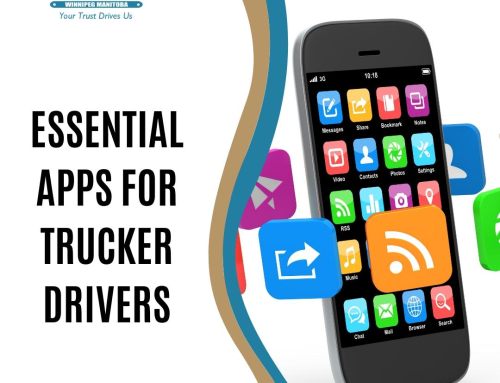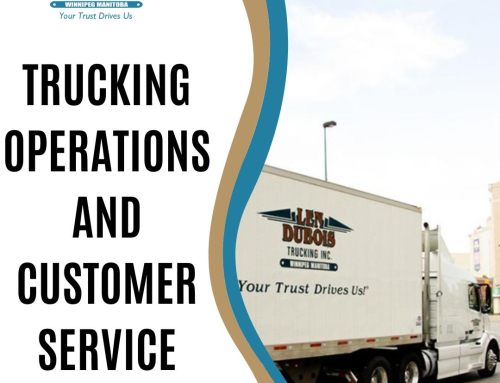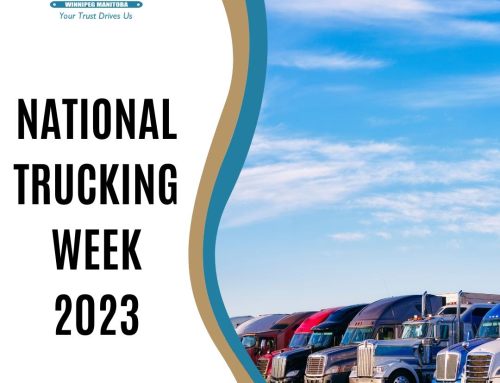 It’s time to tighten up your purse strings. Have you been wondering where on earth does all your hard-earned money go? Don’t worry; you’re not the only one.
It’s time to tighten up your purse strings. Have you been wondering where on earth does all your hard-earned money go? Don’t worry; you’re not the only one.
You work hard for your money and make more sacrifices than the average workforce (along with your family), so it’s safe to say that you deserve to know where your money is going. And why it doesn’t seem like much of it goes into your wallet.
Below are some common financial “mistakes” that truck drivers make and don’t realize how much it eats into their wallets.
Eating Out
Grabbing food to go from fast-food chains and truck stops is something we’re all guilty of doing. Doing this once in a while isn’t bad and can even be a nice little treat for yourself. However, eating out three times a day will burn a hole in your pockets. Not to mention, it isn’t the healthiest of options.
If the average driver spends $30 a day on meals and is over the road an average of 25 days a month, that’s $750 a month in meals or approximately $9,000 per year. By investing in some tools for over the road cooking and hitting the grocery stores for your meals, drivers can save around 75% of their meal expense, or $6,750 a year!
By doing some planning, you can save your cash and enjoy delicious homemade meals. By making a meal plan for your trip, cooking your meals while you’re home, and then packing them for the road, you can save scads of cash.
Or invest in some kitchen appliances for the truck. With an electric grill or frying pan, slow cooker, or even a lunch box stove, you can prep and cook your meals right in your truck.
Buying on Impulse
At first, impulse buying doesn’t seem like it eats up too much of your budget. But when you really think about it, it eats up a lot of cash.
You fuel, go in to pay and come walking out with a coffee and snack. We all do it – usually daily. What’s the harm in spending a couple of bucks? Well, ask yourself; is it really only a couple of bucks? Be honest. If you’re buying items on impulse just once a day, let’s say at $4.00, it adds up to $1000 a year. In talking with drivers and getting their confessions on impulse buying, we’ve noticed that impulse buying is done more than once, and drivers are spending closer to $12.00, even $18.00 a day. Add those figures up, and you’re spending between $3000 and $4500 a year.
We’re not saying that you have to cut down on coffee and snacks (the two biggest culprits), but doing some planning will help save your money while still enjoying these pick-me-ups.
Purchasing a single-serve coffee maker would be beneficial for multiple reasons. It helps save your money, and you can enjoy a good cup of coffee instead of the water-downed stuff at truck stops.
Also, packing your snacks along with your meals means that you’ll be able to save money and eat healthier too!
Stop Paying for Showers
No, we are not saying that you should stop caring about hygiene! But you don’t have to pay for showers on the road because you can get them for free. All you need to do is sign up for a points reward program with any major truck stop chains. When you purchase fuel, which will be almost daily, you get a free shower added to your card. Pilot/Flying J is our preferred fuel stop for our fleet. They have an extensive network in both Canada and the US.
Another trick is when you have to pay for a shower, keep the receipt. At tax time, you can write off part of the expense as a cost of the job.
More Tips for Saving Money
The biggest thing to take away from this is to pay attention to where your money is going. Sit down and think of ways to cut down your costs on things that you don’t necessarily need.
Set up a monthly budget and stick to it! Having a monthly budget allows you to see just where all your hard-earned cash is going, and sometimes it’s not even the over the road expenses that are eating into your hard-earned dollars. What are you paying for at home that you are rarely using?
- Is $8o plus a month worth the price of cable when you’re only there five days a month?
- If you didn’t do laundry over the road, how much would you save? Can you pack enough to do laundry at home?
- Do you need all of those purchased subscriptions?
Sitting down to take a look at where your money goes is a good place to start. From there, you can make changes to your spending habits as you see fit.





